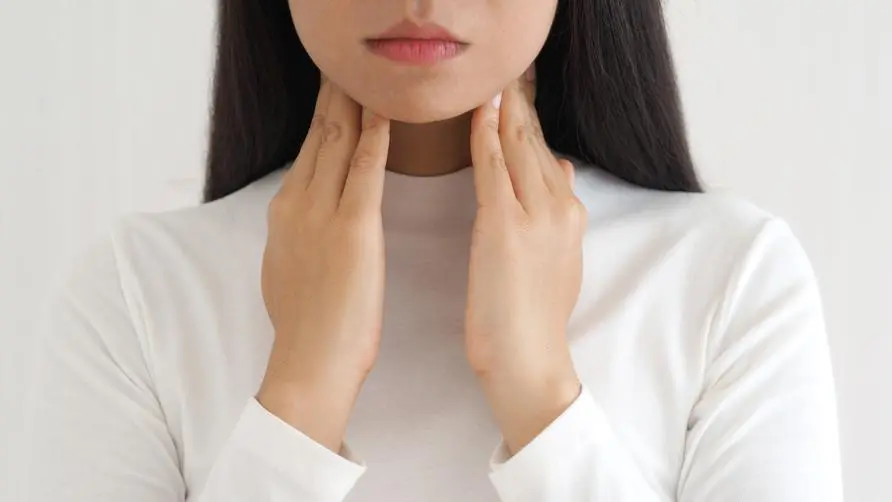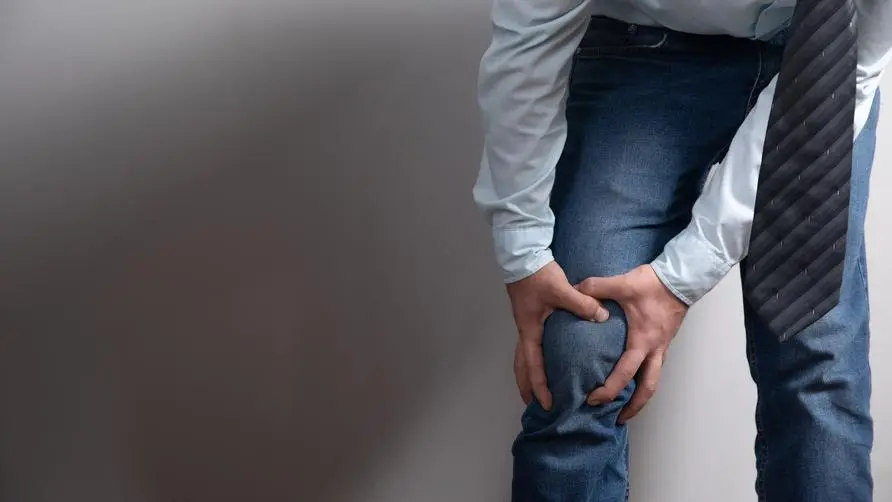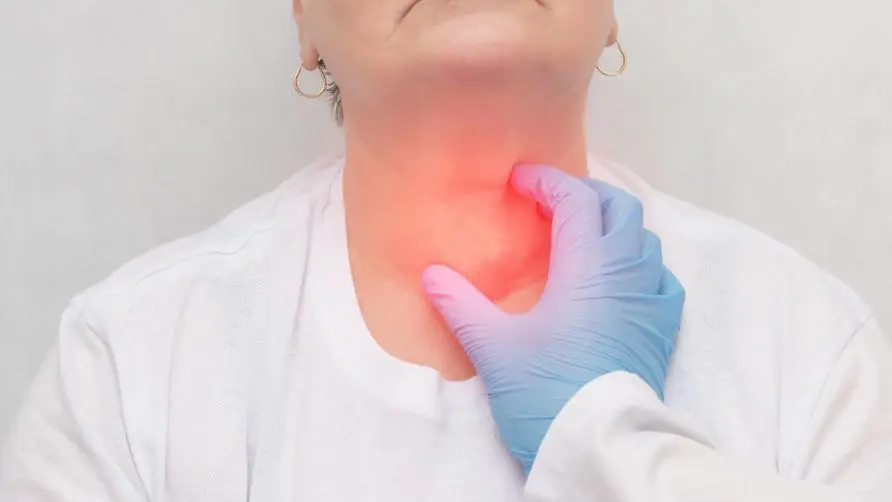Is "swollen neck" thyroid cancer? Thyroid nodules more dangerous in young people? Doctor: Female elders with medical conditions should be careful

Is the lump in your neck a thyroid nodule? Female elders with medical conditions should be careful
Seattle Tech Bro, a well-known American Internet celebrity, was discovered by netizens during a live broadcast that his neck was swollen and he should seek medical examination. After ultrasound and other examinations, it was found to be a malignant thyroid nodule, which required surgery. Dr. Li Mingcang from the Department of Metabolism of Far Eastern Memorial Hospital said in an exclusive interview with “healthorn” that the average person’s chance of developing thyroid nodules is about 5%, of which only 1-2% are cancerous nodules. Although the proportion is not high, if you have risk factors or are too young, If nodules occur, you need to be vigilant.
Dr. Li Mingcang explained that there is no clear reason for the occurrence of thyroid nodules. It is currently estimated to be genetically related, and the proportion of women is 3-4 times higher than that of men. If the female elders in the family, such as aunts, aunts, grandmothers, etc., have a history of thyroid-related diseases, they should be particularly vigilant.
Dr. Li Mingcang pointed out that if a general thyroid nodule is less than 1 cm, it is difficult to distinguish it with the naked eye or palpation. Only when the nodule is nearly 3 centimeters long or is located in a superficial location can it be easily palpated. However, if you feel a lump in the neck, it may not necessarily be a thyroid nodule or thyroid tumor. It may also be a bulging lymph node. If you have any doubts, you should go to the otolaryngology or metabolism department for examination and judgment by a doctor.
What should I do if a thyroid nodule is detected? Should it be followed up regularly or removed as soon as possible?
If a thyroid nodule is detected, does it need to be removed immediately? How to distinguish whether thyroid nodules are benign or malignant? Dr. Li Mingcang explained that many thyroid nodules are discovered only during patients’ health examinations. Ultrasound and biopsy cytology are generally used to analyze whether they are benign or malignant. The pathological reports of thyroid nodules are not only benign and malignant. The report may be atypical cells or suspected malignancy, and even the pathologist cannot judge. At this time, another puncture and ultrasound images are required to comprehensively judge and evaluate the patient to determine whether surgical treatment is needed.
If the puncture examination is benign and there are no signs of malignancy under ultrasound, regular follow-up is generally sufficient. In addition, if multiple puncture results show atypical cells, even if the nodule is not large, the doctor may recommend resection. It should be noted that some patients have more than one thyroid nodule. The largest nodule that may be punctured may be benign, but other smaller nodules may be malignant.
Dr. Li Mingcang pointed out that even if a thyroid nodule is benign by biopsy cytology, there is still a 2% chance of it being malignant. Therefore, clinical treatment must be comprehensively evaluated based on age, gender, family history and ultrasound. Generally speaking, the incidence of thyroid nodules will increase with age. If there are nodules at 3, 40 or even younger, or In men, considerable attention needs to be paid to changes in thyroid nodules.
Is the incidence of thyroid cancer increasing year by year? Who has nodules and should be most careful about?
In recent years, the diagnosis and prevalence of thyroid cancer have increased. Dr. Li Mingcang explained that thyroid cancer is a relatively slow-progressing cancer. With the popularization of health check-ups in Taiwan, patients who may have been diagnosed when their thyroid gland was only 1 to 3 centimeters in the past may now have a thyroid gland of only 1 cm. Centimeter, it was discovered through health examination, which is one of the reasons why the statistics of thyroid patients have increased in recent years.
Dr. Li Mingcang said that in the past, thyroid cancer may have required total removal, but thyroid removal surgery may damage the recurrent laryngeal nerve and affect the patient’s ability to speak. Now the treatment method will be judged based on the size and malignancy of the thyroid cancer.
Doctors remind that if the thyroid nodule is too large and belongs to high-risk groups such as young people, men, and those with a family history of thyroid disease, early and active interventional treatment should be performed. The general public can also receive regular thyroid-related health examinations depending on their own situation.





